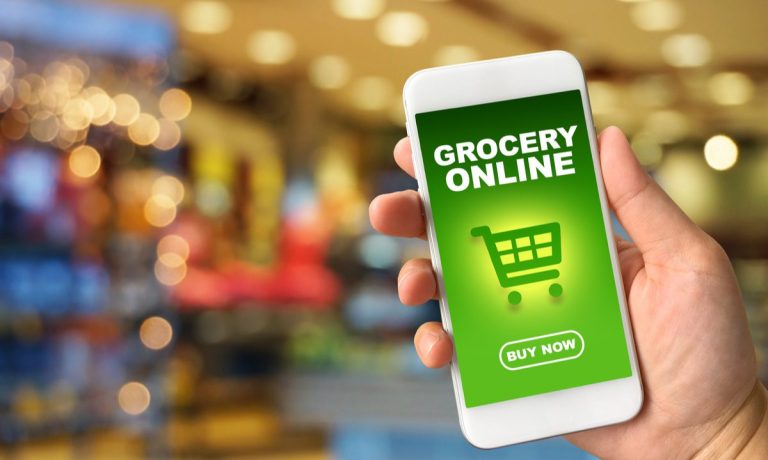Ultrafast Delivery Aggregators Change the Landscape for Convenience Stores

Ultrafast delivery is expanding throughout the United States and around the world, posing questions for convenience retailers that, if not answered quickly, could become a significant threat to their existence. After all, so much of convenience stores’ value prop comes from their geographical convenience, a benefit that becomes largely irrelevant when consumers can get items they need delivered straight to their door.
While a few hotbed markets are exploding with ultrafast delivery startups, much of America remains untouched by the rise of these services. However, they are expanding quickly. On Wednesday (Dec. 29), Buyk, the 15-minute grocery delivery service created by the co-founders of Russia’s Samokat, announced its expansion beyond New York City to Chicago.
“We want to capture this growth momentum and bring this technology not just to big bicoastal metropolises to which so many advancements are limited in the United States,” Buyk CEO James Walker said in a statement. “Buyk wants to take instant grocery delivery in the US inland, and our technology, smart unit economics and lean growth strategies will help make this a reality.”
Around the world, startups including Getir, Jokr, Gorillas and Cajoo, among others, are quickly growing their reach, finding that, while driving adoption may be an uphill climb, consumers who try their services tend to keep coming back.
“Early adopters have already formed the first layers of those who are actually using [these services], but so far, even in London or other capitals, combined market share for all players is significantly below 1% of what the market can be in four years,” Maxim Avtukhov, head of international markets at Yango Deli, the 15-minute grocery delivery arm of Russian tech giant Yandex, told PYMNTS in an interview.
Read more: To Make the Economics Work, Ultra-Fast Grocers Must Digitize Every Step of the Process
Yandex is not the only larger player in the space, though it may be the largest. Earlier this month, DoorDash debuted 10-15-minute delivery of groceries and convenience store items from DashMart locations across New York, and days later, it was announced that the company led ultrafast grocery delivery startup Flink’s $750 million Series B funding round. Also in early December, news broke of Instacart’s reported intentions to enter the space.
See also: DoorDash Debuts Ultra-Fast Delivery Service in New York
Led By DoorDash, Grocery Delivery Startup Flink Raises $750M
Instacart’s Reported Entry Into Ultrafast Delivery Could Be Devastating to Newer Startups
Additionally, on-demand essentials and food delivery service Gopuff, which as of July was valued at $15 billion, has been acquiring on-demand delivery services and folding them into the company. This year, the company has acquired United Kingdom-based on-demand delivery startups Dija and Fancy.
While the in-person stop on the go for a few quick essentials is unlikely to go away, the rise of these delivery services could seize a significant share of sales that would otherwise have gone to convenience stores. Major chains have the opportunity to build out their digital infrastructure and to work with delivery services to weather these changes, but independents could be in danger.
New York City’s bodegas, for instance, are already sensing the danger, pushing for legislation to impose greater regulation on these new delivery services. Time will tell what the future holds for convenience retail, but it is clear that soon stores will no longer be able to rely on consumers coming through their doors for all their last-minute needs.
Related news: Struggling NYC Bodegas Seek City Funding for Tech, Delivery Apps